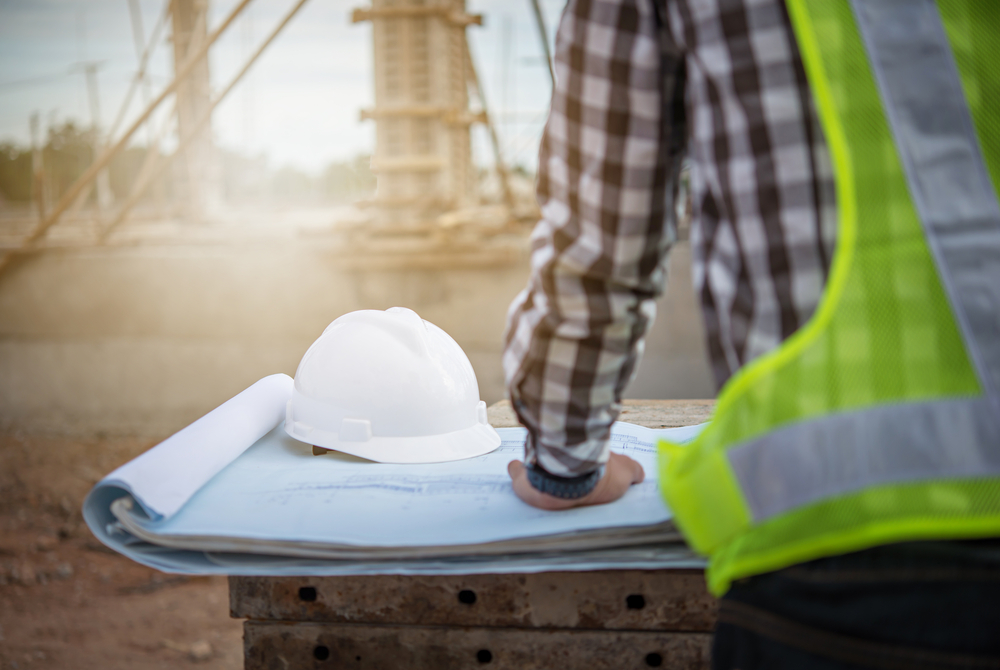There are major concerns within the accounting and construction sector about the new reverse charge VAT changes coming into force in October 2019 (please see below).
Reports of a lack of understanding and preparation amongst the country’s small and medium-sized building and construction firms were confirmed by the Federation of Master Builders (FMB) which stated that 69% of its SME members haven’t even heard of the reverse charge VAT implications.
What is the VAT reverse charge?
Launched to tackle fraud in the construction section, HMRC has introduced a domestic reverse charge which means that, from October 2019*, the customer rather than the supplier will be liable to account for the VAT on purchases of certain building services. For each transaction made, the VAT is to be stated on the invoice as a reverse charge, so it is the recipient of the supplies or services that registers the VAT.
One piece of good news for smaller businesses is that unlike other types of reverse charge, the value of reverse charge services will not count towards the VAT registration threshold.
What services does the reverse charge apply to?
The reverse charge applies to supplies of services such as:
- External or internal painting and decorating
- Installation of heating, lighting, air-conditioning, power and water supply, drainage, ventilation, sanitation and fire protection
- Construction, repair, extension, alteration or demolition whether permanent or not
The reverse charge doesn’t apply to certain services such as surveyors or architects consultation, machinery and its delivery to site and installation of security systems.
How can you prepare for this significant change?
It is important for building companies to establish which supplies they make and receive will be subject to the reverse charge and which contractors are VAT and Construction Industry Scheme (CIS) registered. They should also request a notification from their customers that they are an end-user.
There may be adjustments that can be made to accounting software to better manage the change and remain compliant.
Another key concern surrounding the VAT reverse charge is the impact it will have on a company’s cash flow. If a smaller construction business is reliant on VAT income moving up the supply chain, they may suffer financially as a result of the reverse charge.
With the FMB warning that “construction companies are already struggling with Brexit uncertainty, sky-rocketing material price rises and skill shortages”, the VAT reverse charge will certainly not be a welcome addition to their over-burdened administration processes.
But help is at hand. If you are worried about the upcoming VAT changes for your business, get in touch with our construction experts at CRM who have been getting to grips with these changes for months and can guide you through the complications. Give CRM a call on 01865 379272.
* This has since been updated to come into force from October 2020.

